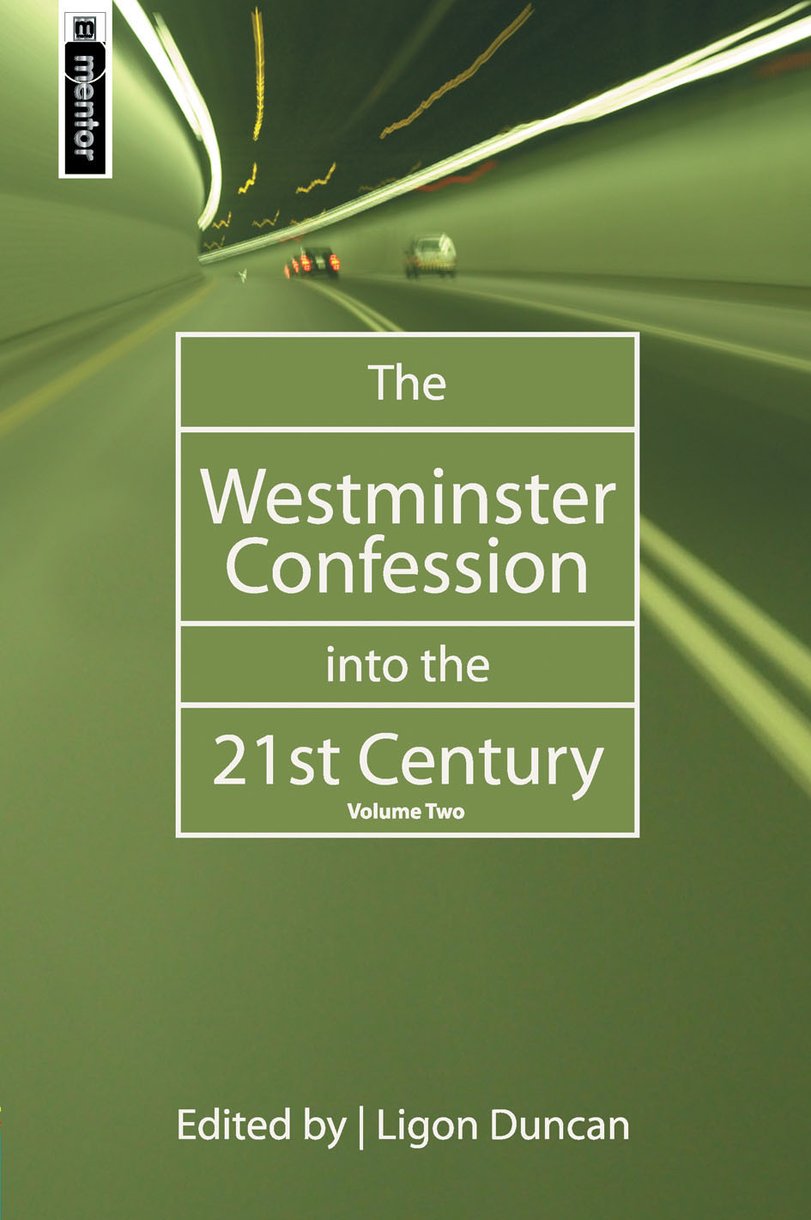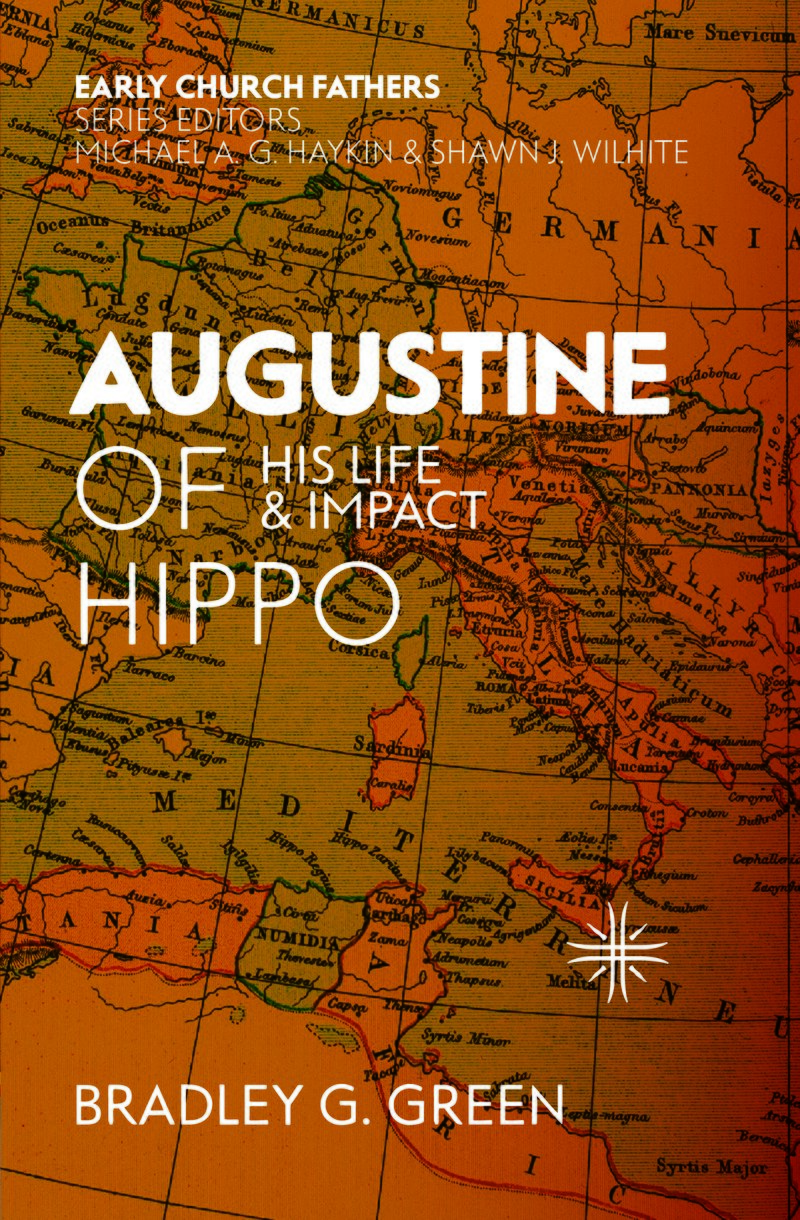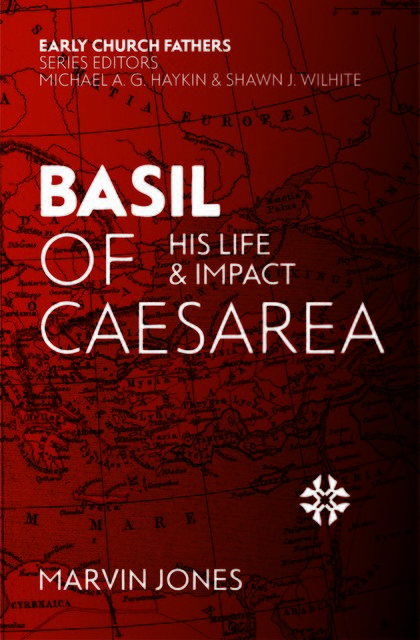In “History of Protestantism” by J.A. Wylie, readers embark on a profound journey through the tumultuous landscape of Church history. Wylie’s meticulous research and insightful analysis provide a comprehensive understanding of the Protestant movement’s origins, struggles, and impact on the world.
From the very beginning, Wylie captures the essence of the Reformation with striking clarity: “The spark which Luther had struck had kindled a fire which all the powers of the Vatican could not extinguish” (p. 15). This early insight sets the tone for the rest of the book, as readers are guided through the various phases of Protestantism’s evolution. The author masterfully weaves together historical accounts, theological insights, and personal anecdotes to create a narrative that is both informative and engaging.
Wylie’s exploration of key figures, such as Calvin and Knox, offers readers a glimpse into the minds of those who shaped the Reformation movement. His analysis of their contributions is highlighted by passages like: “Calvin’s emphasis on the sovereignty of God challenged prevailing notions” (p. 128), showcasing the transformative power of their ideas.
The author’s keen attention to detail is evident in his examination of the Counter-Reformation: “The Council of Trent marked a turning point, solidifying Catholic doctrine” (p. 214). This meticulous exploration of events underscores Wylie’s commitment to presenting a balanced historical account.
As the narrative unfolds, Wylie delves into the societal implications of Protestantism, noting, “The Reformation’s influence extended beyond theology, sparking advancements in education and governance” (p. 321). His holistic approach to history ensures that readers gain a comprehensive understanding of the movement’s multifaceted impact.
It is worth noting that Wylie’s prose, though scholarly, remains accessible throughout, making “History of Protestantism” a valuable resource for both academia and lay readers. His ability to seamlessly integrate primary sources into the narrative enriches the reading experience and adds credibility to his analysis.
In conclusion, “History of Protestantism” by J.A. Wylie is a profound exploration of a pivotal movement in Church history. Through meticulous research, insightful analysis, and engaging prose, Wylie brings to life the complexities and significance of the Protestant Reformation. This book is a must-read for anyone seeking a deeper understanding of the forces that shaped modern Christianity.
Statement of Compliance: I would like to clarify that this review is not influenced by any external factors or compensation. My thoughts and opinions on “History of Protestantism” are solely based on the content of the book and my personal assessment of its merits.
Book Information:
Title: History of Protestantism
Author: J.A. Wylie
Publisher: Still Waters Revival Books



